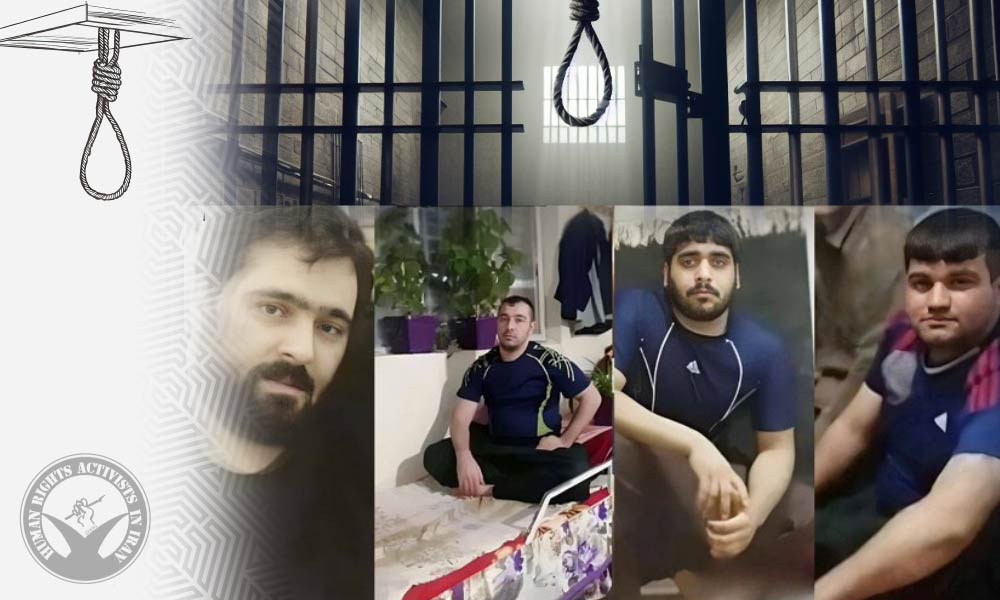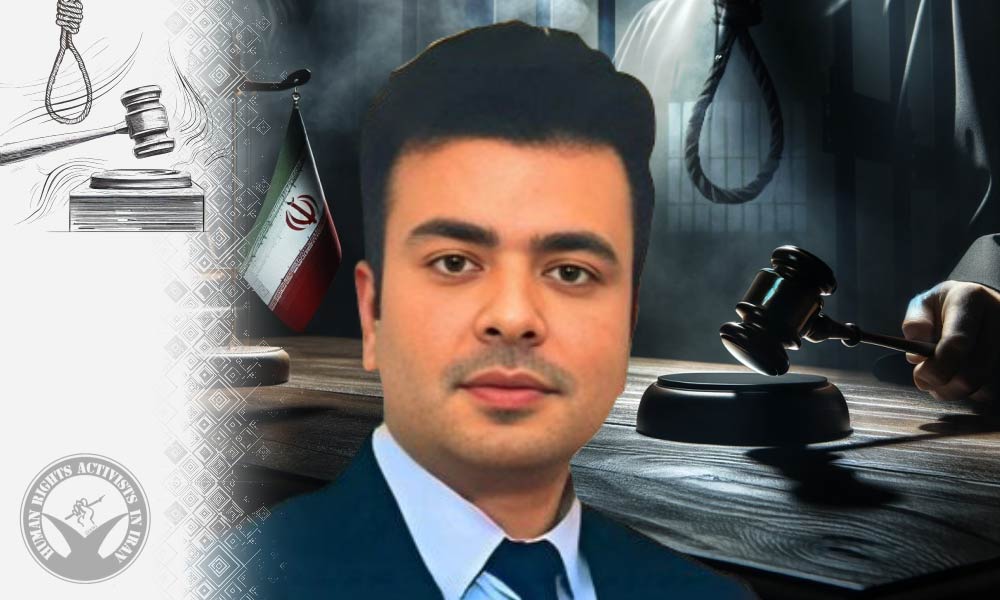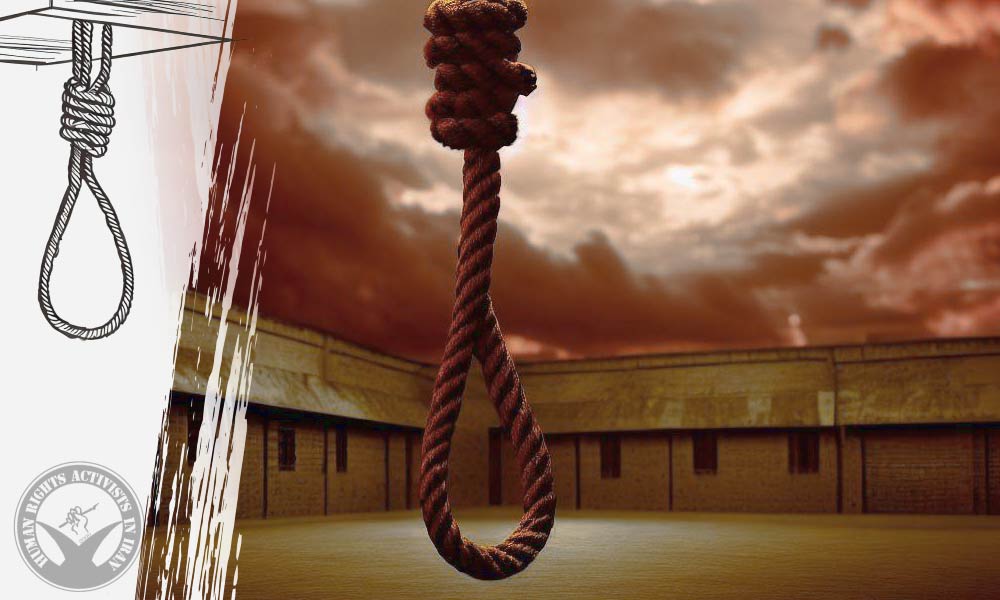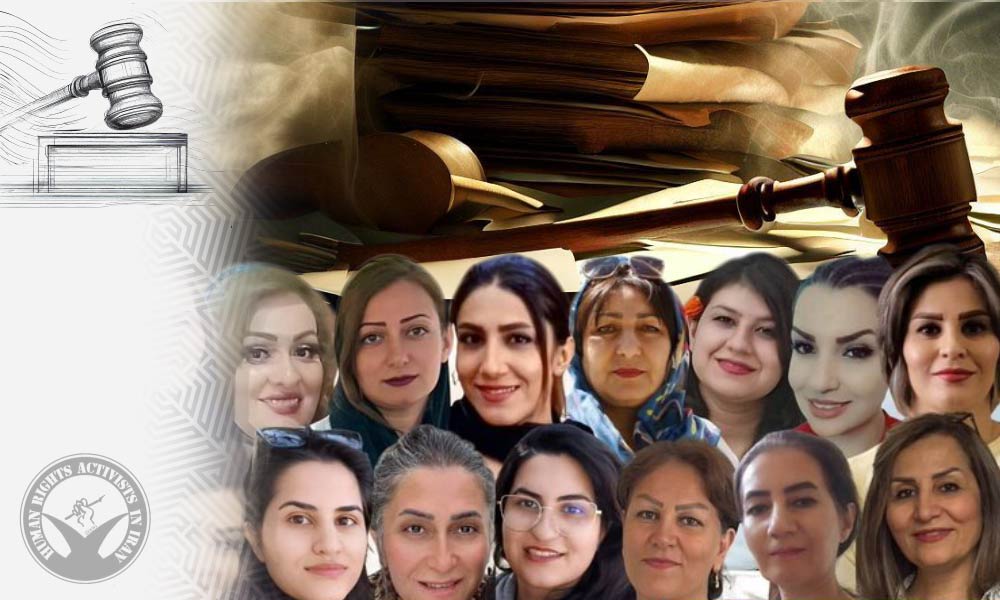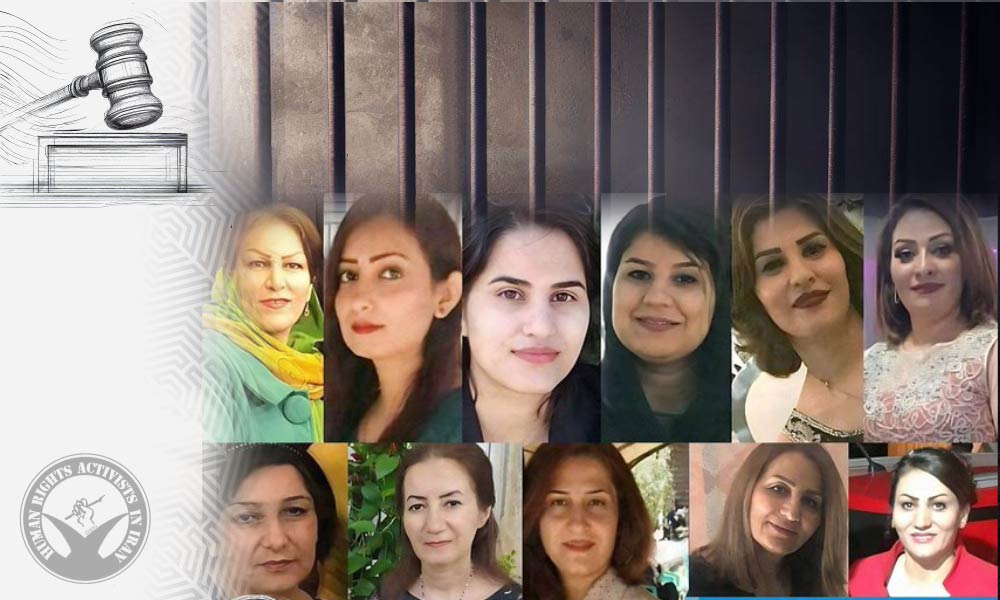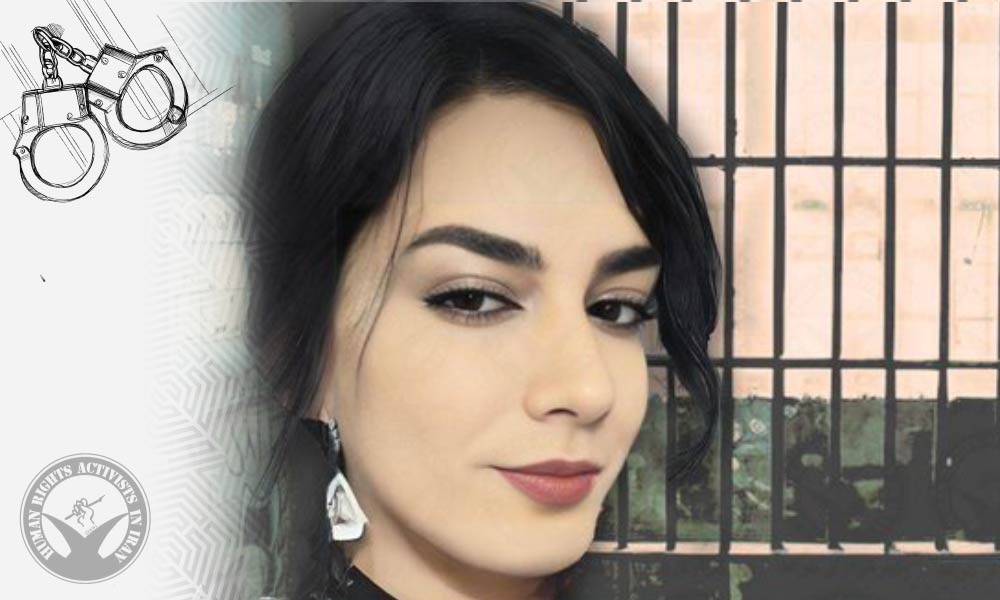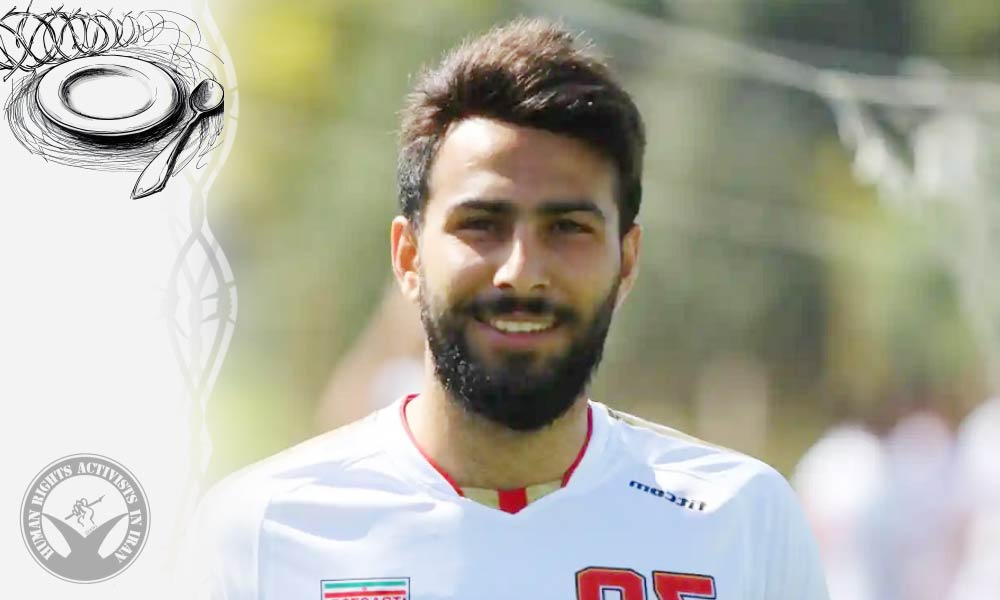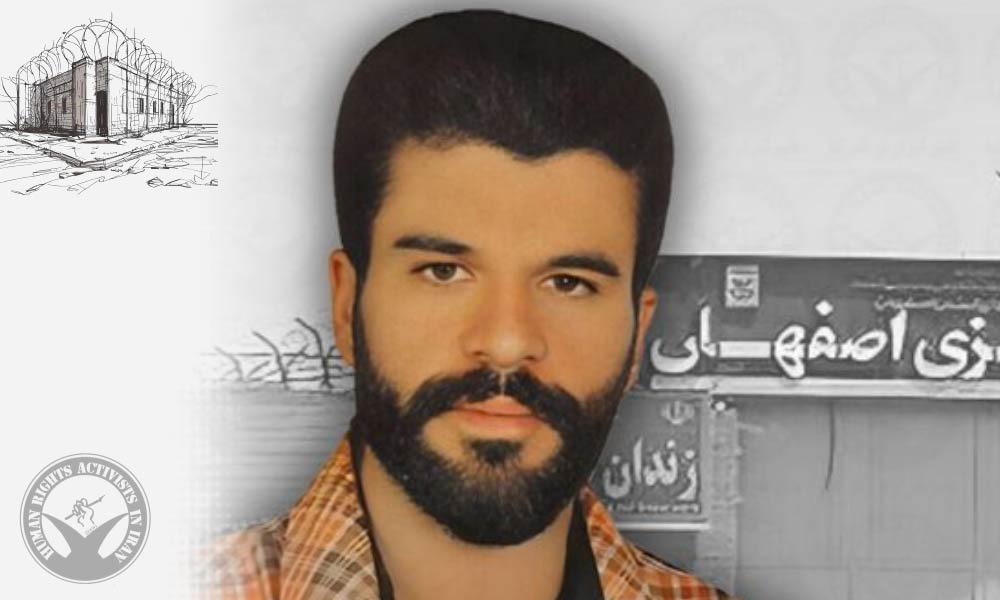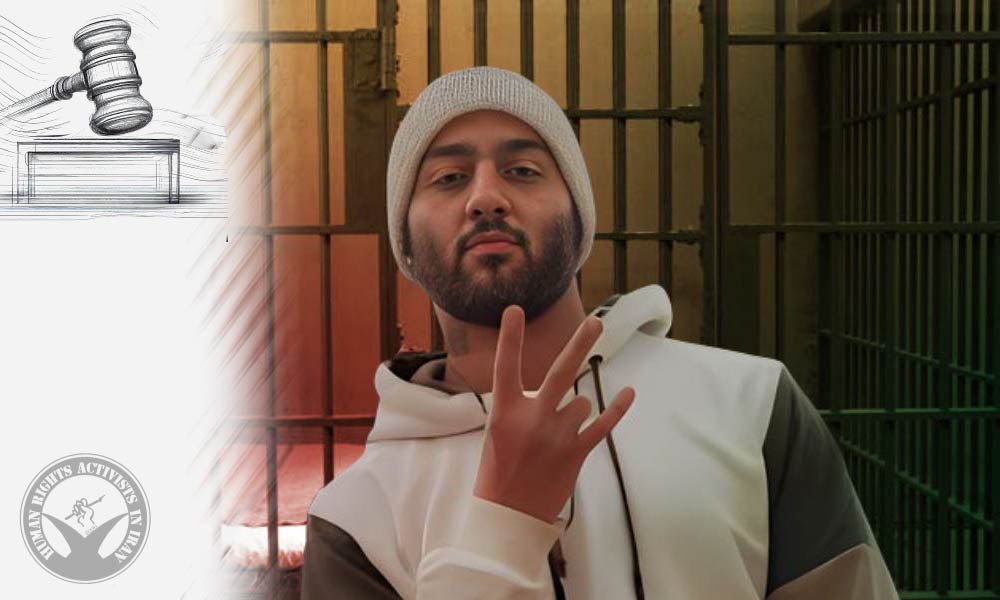On May 12, 2024, Dastgerd Prison in Isfahan was the site of the execution of four inmates, all convicted of a murder committed a decade ago.
According to the Human Rights Activists News Agency (HRANA), the individuals executed were Masoud Estaki, Jafar Hosseinzadeh, Majid Rezaie, and Mostafa Ahgh-Mohammadi.
These men, along with Ghasem Salehi, were involved in a group altercation that resulted in the death of an individual identified only by the initials Sh.K. They were collectively sentenced to death in the ensuing legal proceedings. However, Ghasem Salehi was able to avoid execution by agreeing to pay 5 billion tomans in blood money to the family of the deceased.
No official sources or domestic media outlets within the country have provided coverage of these executions at the time of writing. In 2023, 66% of HRANA’s reports on executions lacked official announcements by judicial authorities and went unreported by media inside Iran, highlighting a troubling lack of transparency in due process.
In 2023, the Department of Statistics and Publication of Human Rights Activists in Iran registered the execution of 767 individuals. Out of these, 7 were carried out in public. Among the executed individuals whose genders were identified, 21 were female. Additionally, 2 juvenile offenders, defined as individuals under the age of 18 at the time of their alleged crimes, were also executed. For a comprehensive examination of the details and statistics surrounding the executions in Iran, refer to HRANA’s annual report.



